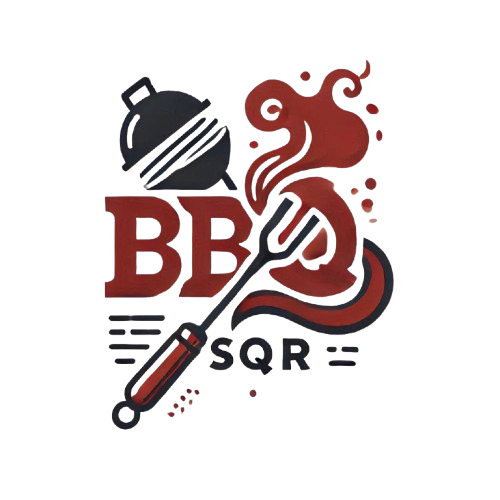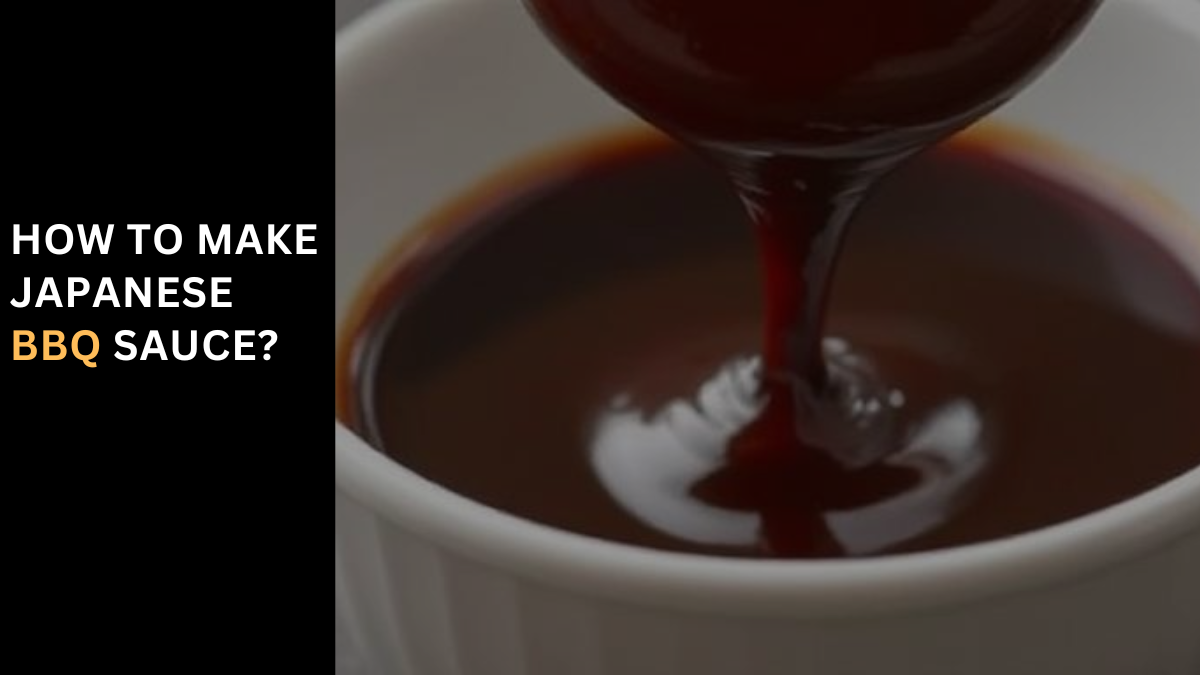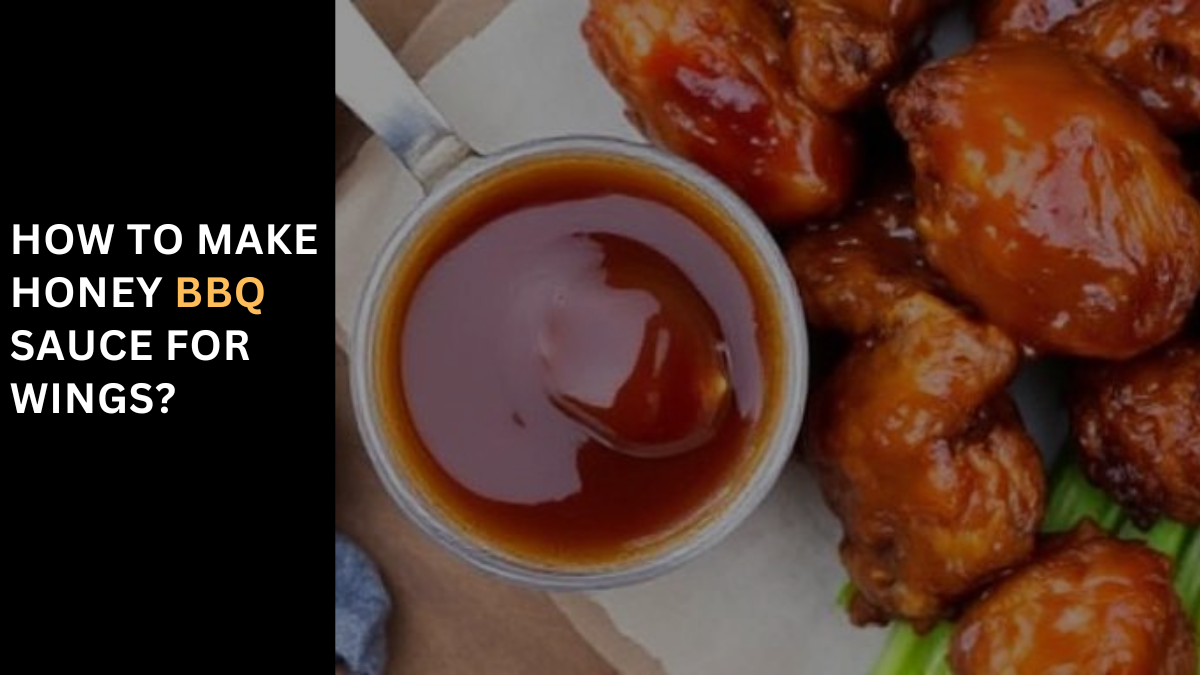Can Dogs Eat Barbecue Sauce? Is It Safe For Dogs?
Navigating the world of pets and their diets reveals many myths, especially when considering whether dogs can safely enjoy barbecue sauce.
While some dog breeds might manage spicy food like curry or jalapenos, it’s crucial to assess your pet’s temperament and digestive health beforehand.
Ingredients common in barbecue sauce, such as onions and garlic, pose significant risks, potentially leading to vomiting, diarrhea, or worse, bodily harm that necessitates an emergency veterinarian visit or could result in death.
This article advises pet owners to avoid risky foods and always consult a vet before feeding new items to their dogs, ensuring their stomachs react favorably and avoid any adverse health implications.
Why Barbecue Sauce Isn’t Good For Your Dog

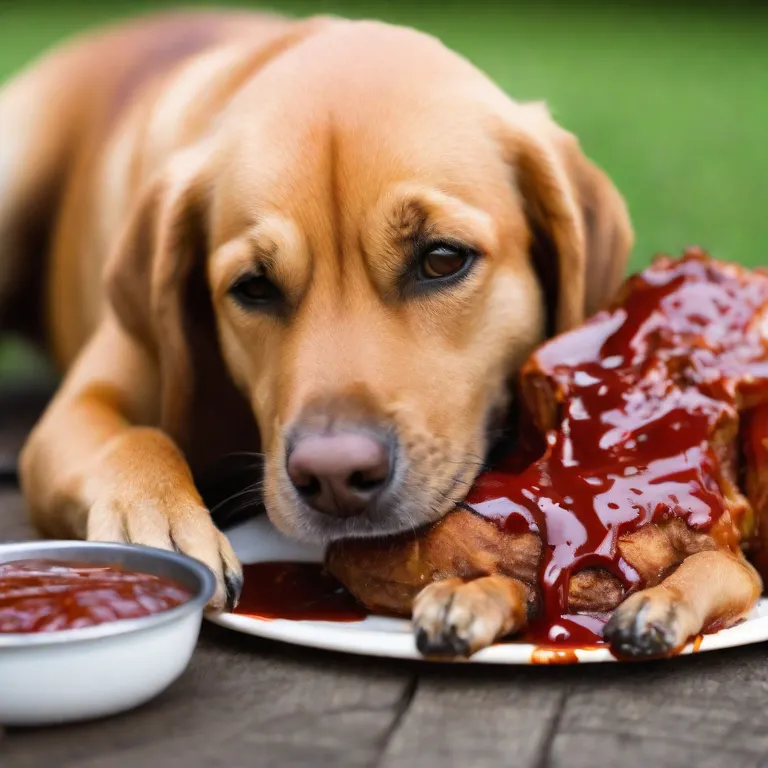
Barbecue sauce might tantalize the taste buds of humans, but it poses several risks when ingested by dogs.
The sauces used in barbecue can harm a dog’s kidneys and digestive tract due to high levels of salt, which can damage the dog’s stomach lining, leading to vomiting and diarrhea.
Ingredients like garlic and onions are particularly toxic to dogs, causing not just bad breath but severe health issues. Furthermore, the sugar content in barbecue sauce can make dogs sick quickly, while the acidity can cause stomach upset.
The condiment may also include carcinogenic chemicals from smoking food on the grill, which, when ingested by pets, can be harmful. Additionally, dogs cannot fully digest spicy foods, making barbecue sauce a risky choice for their diet.
Why Might Dogs Eat Barbecue Sauce?


Dogs may be drawn to barbecue sauce due to its enticing flavor and aroma, often encountered when people use the condiment in their food. Curiosity can lead dogs to lick sauce residue from their tongue or lips after being near someone eating.
The health risks for pets ingesting barbecue sauce are significant, yet the allure of grilled foods or a discarded portion on the floor or sidewalk outside a restaurant can be irresistible.
Additionally, dogs might be attracted by familiar odors and tastes, including those as unpleasant as feces or vomit, leading to an upset stomach.
Certain dog breeds with heavier coats may crave the additional calories found in spicy foods like BBQ sauce, especially during winter months when they need more energy to stay warm.
Despite the potential for health risks, the instinct to lick, taste, and explore can drive dogs to consume barbecue sauce, highlighting the importance of vigilance during walks and play to prevent unintended ingestion.
Why Do Dogs Like The Taste of Barbecue Sauce?

Dogs may be attracted to the sweet and savory aspects of barbecue sauce, with its complex blend of chemicals that stimulate taste receptors similar to sugar, tricking them into thinking they’re receiving a treat.
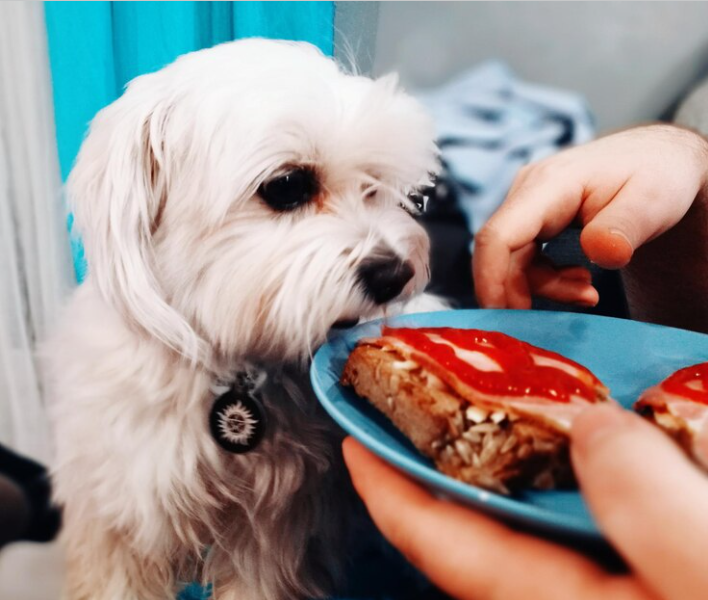
Despite the salt and vinegar content, the flavor profile of BBQ sauces—often enriched with onions, garlic, and other seasonings—can be appealing, although potentially dangerous for the animal.
Unlike humans, dogs do not process some ingredients well, making it important to exercise caution when they’re around food items like meat tenderizer-treated beef ribs or poultry that have been slathered in sauce.
Does Barbecue Sauce Have Any Health Benefits For Dogs?
When considering if dogs can eat barbecue sauce to enhance a dry diet or satisfy cravings, it’s crucial to note that barbecue sauces typically lack significant nutritional benefits.
While dogs might enjoy the flavor, incorporating food ingredients like fruit purees—pineapple or applesauce, for example—could offer a safer variety.
However, barbecue sauce components like garlic, onion, and tomato can exacerbate health conditions such as stomach aches.
Ingredients such as vinegar and cayenne pepper might seem beneficial, but it’s essential to consult a vet before introducing any new type of food or sauce to your dog’s diet.
Possible Health Risks of Barbecue Sauce
The consumption of barbecue sauce can pose numerous health risks for dogs. Ingesting spicy foods found in some sauces can lead to vomiting, diarrhea, and other stomach-related issues such as pancreatitis or bloating.
Dogs habitually licking their paws after coming into contact with barbecue sauce may experience liver damage due to the high levels of salt present in many brands, which can also cause dehydration and, in severe cases, chronic kidney failure.
Additionally, canine friends may be allergic to the spices used in barbecue sauces, leading to an upset stomach. Pet owners must monitor their pets closely after they eat barbecue sauce, especially since high sugar content can promote yeast infections and exacerbate conditions like diabetes or other blood sugar-related issues.
What Do I Do If My Dog Ate BBQ Sauce?
If your dog has eaten BBQ sauce, it’s important to understand that even a small amount can be dangerous. Dr. Robinson notes that dogs typically need to consume a large amount of barbecue sauce to become sick, but some are more sensitive than others.
In the event of ingestion, even if the dog appears fine, it’s crucial to contact a veterinarian immediately without waiting for symptoms to appear as a precaution.
Do not attempt to induce vomiting yourself; this is something that should only be done by a vet if necessary.
Depending on the size and breed of your dog, as well as the amount of sauce ingested, your vet may recommend a bland diet and antacids while you continue to monitor your pet at home, or they may deem medical intervention necessary.
For pet owners, understanding the foods their dog can safely consume is crucial, and barbecue sauce presents several health risks due to its ingredients like salt, sugar, and alliums.
Firstly, liver damage can occur from the high amount of salt in barbecue sauce, potentially leading to liver failure. Pancreatitis is another risk, as fatty foods can inflame the pancreas, causing symptoms like nausea, vomiting, fever, lethargy, abdominal pain, diarrhea, and decreased appetite.
Xylitol poisoning is a serious concern with barbecue sauces containing xylitol or other artificial sweeteners, which are poisonous to dogs and can drastically lower blood sugar levels, leading to anemia or a fatal outcome.
Lastly, the high sugar levels in barbecue sauce can promote yeast infections and complicate conditions for dogs with diabetes or other blood sugar-related health issues.
Conclusion:
The consensus on whether dogs can safely consume BBQ sauce is clear: it’s best to steer clear. The ingredients commonly found in BBQ sauce, such as salt, sugar, and alliums (like onions and garlic), can pose significant health risks to dogs.
These components can lead to conditions ranging from digestive upset to more severe issues like liver damage and pancreatitis. Moreover, the inclusion of artificial sweeteners such as xylitol in some BBQ sauces can be highly toxic, leading to potentially fatal outcomes.
Given the potential risks associated with BBQ sauce consumption, dog owners are advised to be vigilant about their pets’ diets and avoid sharing foods that are safe for humans but harmful to dogs.
If a dog does ingest BBQ sauce, monitoring for any adverse reactions and consulting with a veterinarian promptly is crucial. It’s always better to err on the side of caution and keep such flavorful, yet potentially dangerous, foods out of reach from our canine companions.
FAQ’s
Can dogs have a little bit of BBQ sauce?
Although it might seem harmless, BBQ sauce and other barbecue sauces are not safe for dogs to eat. Many ingredients in BBQ sauce, such as onions and garlic, can cause stomach upset in our canine friends.
Even a little bit can lead to discomfort, so it’s advised to contact a veterinarian for guidance before sharing any with your dog.
Are dogs allowed BBQ?
When it comes to dogs at a BBQ, it’s essential to be mindful of the risks they face. While we enjoy our barbecue scraps, these can upset our pet’s stomach, especially when it comes to undercooked or fatty foods that make them feel poorly.
More concerning are cooked bones, which can become lodged in the stomach or intestines, causing a potentially fatal blockage.
Can Barbecue Sauce Kill Dogs?
While barbecue sauce itself might not be immediately lethal, it does contain onion and garlic, which are toxic to dogs. These ingredients can be more sensitive to dogs than to humans, leading to health issues.
Additionally, the sugar and acidity in barbecue sauce can cause stomach upset, making your dog get sick quickly. So, while not directly fatal, feeding your dog this condiment is risky and should be avoided.
Can Dogs Eat BBQ Ribs?
The short answer is No. Experts like Susan Konecny, RN, DVM, medical director at Best Friends Animal Society®, do not recommend giving rib bones to your dog.
Both raw and cooked bones, including those from poultry, are off-limits in a dog’s diet due to the risk of splintering and causing internal damage.
Can Dogs Eat Barbecue Chips?
It’s not recommended to feed your dog BBQ chips. These snacks are high in fat and salt, which can be harmful to dogs in large amounts.
BBQ chips are typically made from potatoes, sliced thin, fried in oil, and seasoned with BBQ flavorings that contain salt and other additives, further compounding the potential health risks for dogs.
